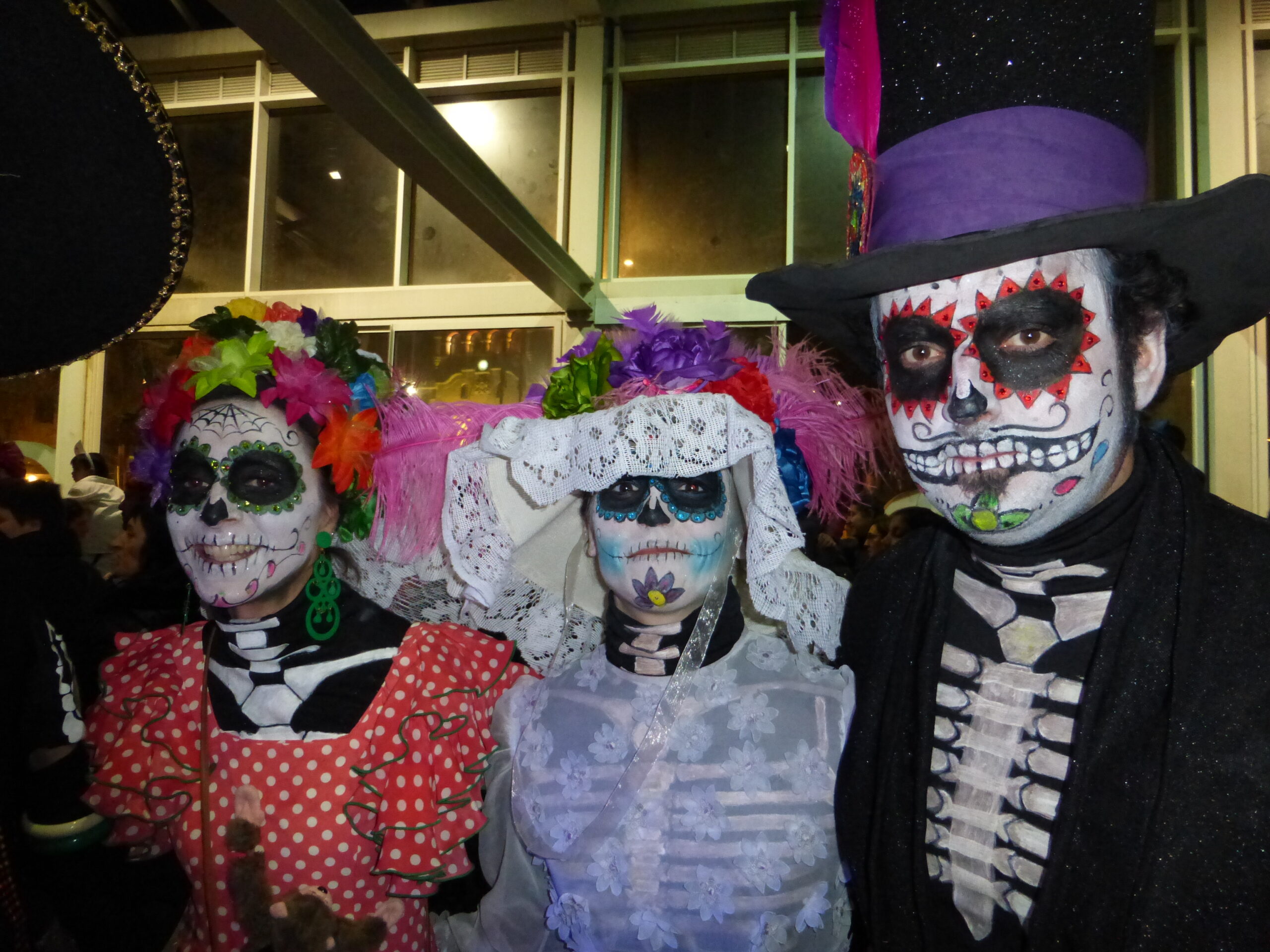Basque ethnography at a glance
In recent years the practice of dressing up in costumes on the eve of the feast of All Hallows’ Day has gained popularity amongst us. Numerous horror film screenings and paranormal television programmes are shown on and around Halloween night. But none of this is new. Typical contemporary Halloween festive activities are thought to have been influenced by deeply rooted folk customs and beliefs found in many cultures throughout the world, and certainly in Basque culture, the difference being that modern terminology associated to the poltergeist phenomenon would not be used in the past.
Stories about souls of the dead coming to seek help or settle unfinished business are widespread. Departed relatives or loved ones would often revisit scenes of their previous life, mainly the family house and its surroundings, specially at night; final resting places for the dead, such as churches and cemeteries, are also popular settings for ghostly visitations.
In the typical poltergeist outbreak strange noises, gruesome gasping sounds or even the jumbled voice of the deceased haunt a particular person. Most accounts of supernatural phenomena describe physical disturbances, levitation of objects or furniture being moved; and witnesses, frequently night travellers, have time and again reported troublesome spirits manifesting themselves in the form of light.
Paranormal experiences may also involve the sight of human shadows or the distinctive odour of burning oil. Other times ailing souls might turn up in human shape wearing their usual clothes or, worse still, grave clothes, alone or in groups.
Likewise, there are haunted houses, usually odd buildings such as abandoned stately homes or properties where macabre or tragic events took place, believed to be inhabited by spirits of the dead.
In other words, modern Halloween celebrations are far from new.
Luis Manuel Peña – Ethnography Department – Labayru Fundazioa
Translated by Jaione Bilbao – Language Department – Labayru Fundazioa
(Adapted from Funeral Rites, part of the Ethnographic Atlas of the Basque Country collection, namely the chapter “Aparecidos y ánimas errantes” on visitations and wandering souls)



